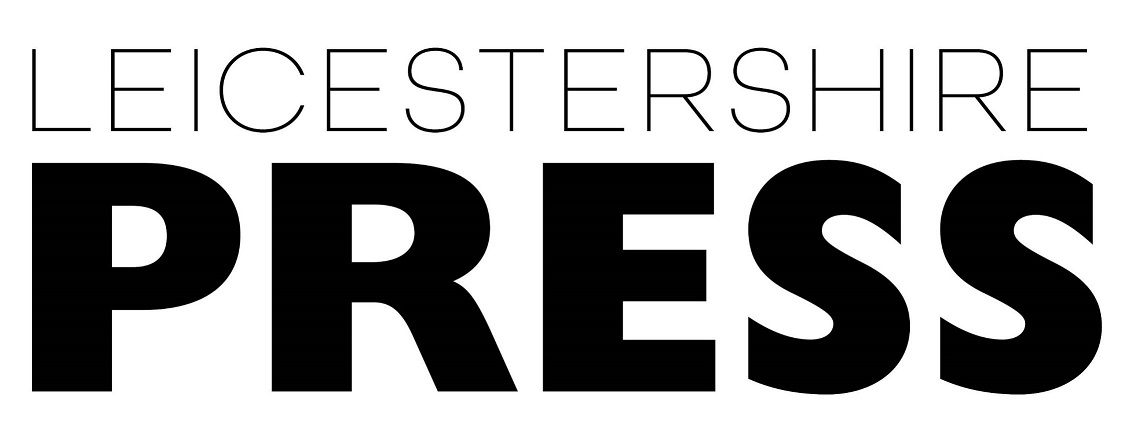By Molly Kerridge
The Disappearance of Madeleine McCann Netflix documentary series received mixed reactions upon its release on March 15, with some critics calling it a ‘moral failure’.
The eight-part documentary on Netflix features journalist and De Montfort University journalism lecturer Lee Marlow, who interviewed Gerry and Kate McCann upon their return to England from Portugal in 2007.

Mr Marlow said: “It was really awkward and stilted, but it made a two-page spread, I was very lucky to tell the situation, that was the story that everybody wanted.”
The series has received varied feedback, with some people praising the work that was put into the production, and the high-level research that had been completed before filming.
Mr Marlow continued: “I think there’s all kinds of criticisms you could level with these things, like it’s eight parts, you could argue, and I might agree that it could be done in four quite easily.
“I think as a piece of journalism it is really, really thorough, and I try and teach my students that we want you to write really well, but more than anything else I want you to be thorough, and it is a really thorough documentary.”
However, the series has also been labelled as a ‘cash grab’ that is capitalising on the recent interest in true crime since the release of other titles such as Making a Murderer.
Mr Marlow continued: “I think there’s a real difficult line to walk there, as a journalist, because you don’t want to be seen as being insensitive about a couple’s grief and their missing daughter, but this is a matter of public interest, she is still missing and I think that’s a topic that’s perfectly fine and reasonable for a journalist to explore.
“I don’t think they did it in a really sensational way, I think they’ve done it in a measured and thorough way.”








